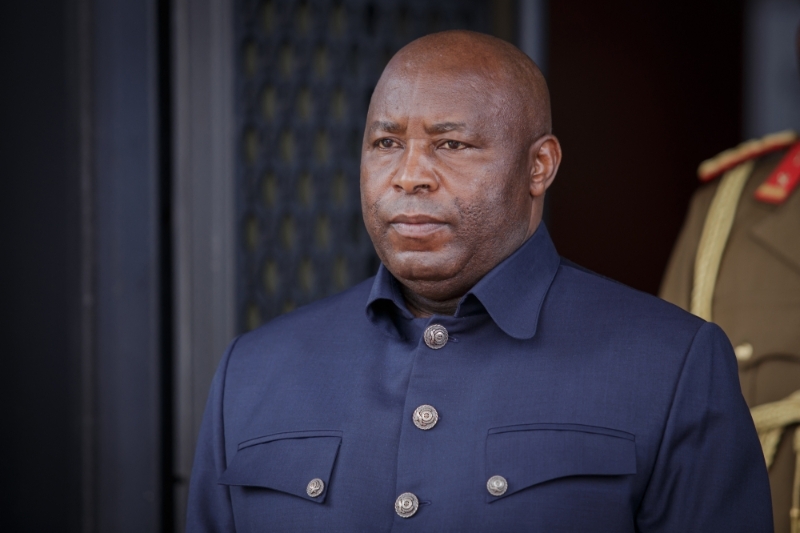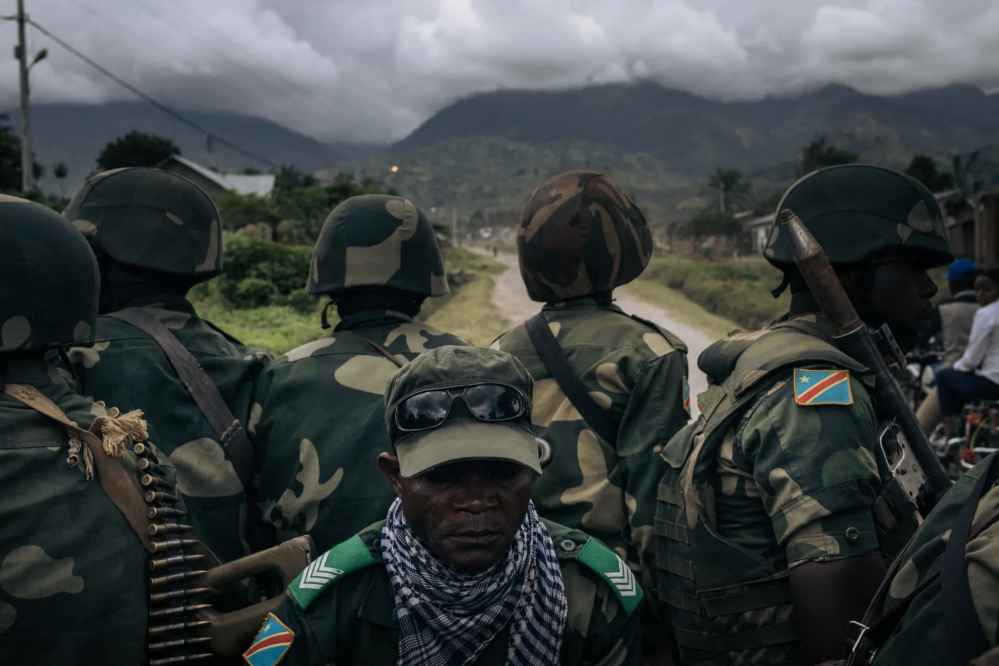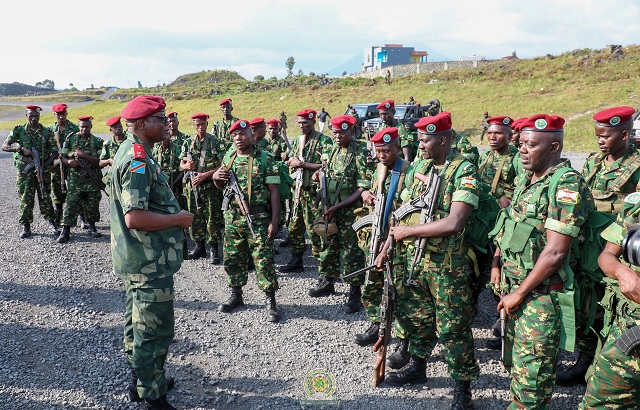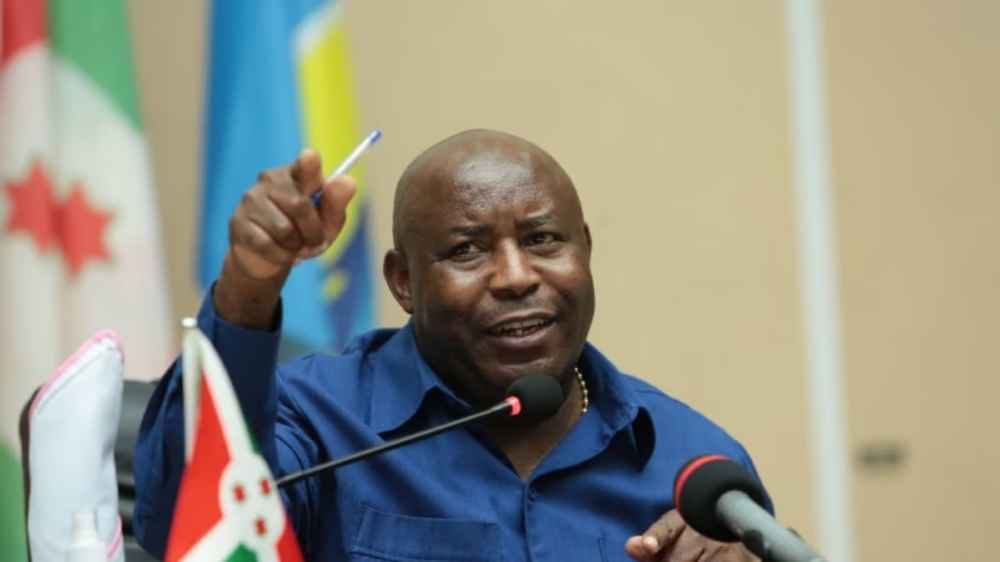Regional
Ndayishimiye’s decision to close border with Rwanda affects Burundi more
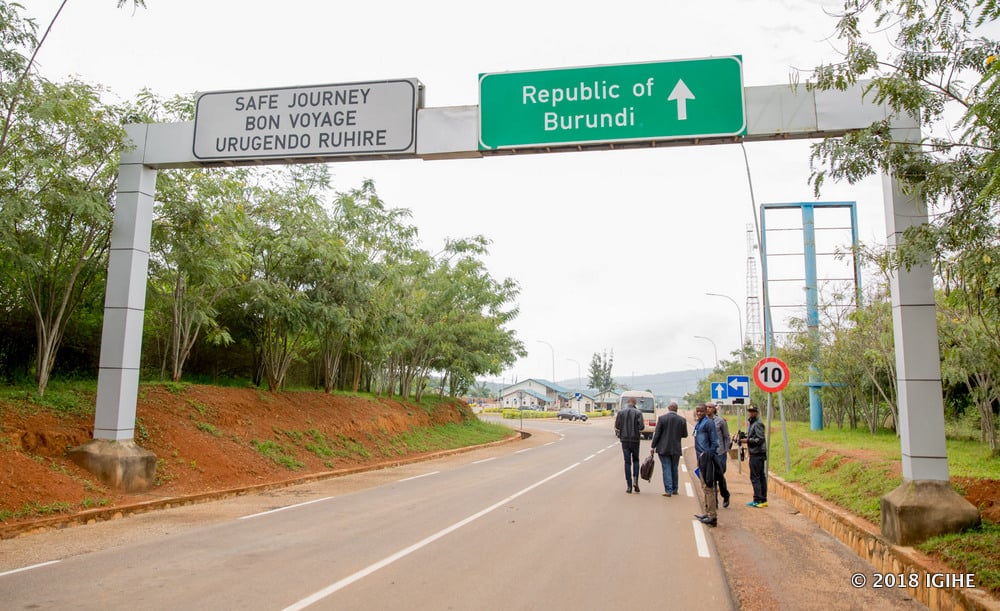
The decision by Burundian President
Evariste Ndayishimiye to close the border with Rwanda is an impediment to the
East African Community (EAC) regional integration agenda aimed at deepening
economic, social and political cooperation.
When people are not free to move
across the borders to visit friends and relatives, explore business
opportunities, invest and trade, it is against the founding principles of the
EAC.
Ndayishimiye’s decision to close the
border with Rwanda has a ripple effect to other EAC member states and beyond.
But more significant is that the border closure will affect Burundians more, by
escalating the already prevailing economic crisis.
It is a boomerang of sorts and the
ordinary people in Burundi are the ones who will feel the heat or emptiness in
their pockets.
According to the Ministry of Trade
in Uganda, Ugandan exports to Burundi total up to $65 million, some of which
include essential commodities that are critically lacking in Burundi.
Heavy trucks transporting the goods
go through Rwanda but because of the border closure, Ugandan traders will look
for longer alternative routes, which require going through Tanzania. The goods
will reach Bujumbura being more expensive than they were when the Rwanda route
was open.
Kenya exports to Burundi were
estimated at $63.12 million in 2022, according to the United Nations Comtrade
database on international trade, while Burundi exports to Kenya amounted
to $6.45 million in 2021.
The route of this flourishing trade
goes through Rwanda, and since the bulky good are carried by road, the border
closure means that Kenyans will have also to use the long route through
Tanzania that will increase the cost of goods on the Bujumbura market.
Ndayishimiye has a good relationship
with Felix Tshisekedi of the Democratic Republic of Congo, and has sent
thousands of his troops to fight alongside Congolese army coalition of the
Wazalendo militia group, Rwandan genocidal militia, FDLR, SADC troops, and
eastern European mercenaries, all against M23 rebels.
But closing of the border with
Rwanda will affect DRC significantly. The closure of Ruhwa and Bugarama border
posts means that Congolese traders in the town of Bukavu and other surrounding
areas will go out of business.
According to the Comtrade database,
in 2022, Rwanda’s exports to Burundi were worth $3.88 million, while in
the same period Burundi exported goods worth $307,000, which did not include
the famous sardines (Indagara).
Burundi will lose out on this
revenue, and business people who were selling their agricultural products in
Rwanda to sustain their families will have nothing to put on their tables.
The border closure has impacts on
both sides. Assuming that Rwandans will suffer more is irrational.
The World Bank records
indicate that tourism represents only 1.2 per cent of Burundi’s exports, while
neighboring Rwanda records 31 per cent.
Burundi has a
potential of increasing tourism revenue and therefore, there must be deliberate
efforts to attract people to visit the country rather than closing themselves
in a cage.
This is the bigger
picture for the country’s economic growth and well-being of the people that
Burundian authorities should consider instead of shooting themselves in the
foot.
Rwandans, Ugandans,
Kenyans and foreigners would love to travel by road through Rwanda to spend a
weekend in Bujumbura and enjoy the beauty of Lake Tanganyika. They will spend
money on hotels, food and entertainment, which will boost the country’s
economy.
Burundi being a land locked country
needs its neighbors in the region for economic, social and political benefit.
The December 2023 economic data by
the Global Finance magazine shows that Burundi ranked second among the 10
poorest countries in the world, with a GDP-PPP of $891. The country still
has more than 70 per cent of the population living in poverty, while 52
per cent of children under five are stunted with high levels of malnutrition.
Although DRC and
Rwanda have had an axe to grind for some time, the two countries still have
their borders open.
If Burundian
authorities have any misunderstandings with Rwanda, the outstanding issues can
be solved through bilateral diplomatic means or through regional mechanisms
such as the EAC, or even at a continental level by the African Union.
Closing borders is self-isolation with dire
consequences on Burundi than Rwanda.




